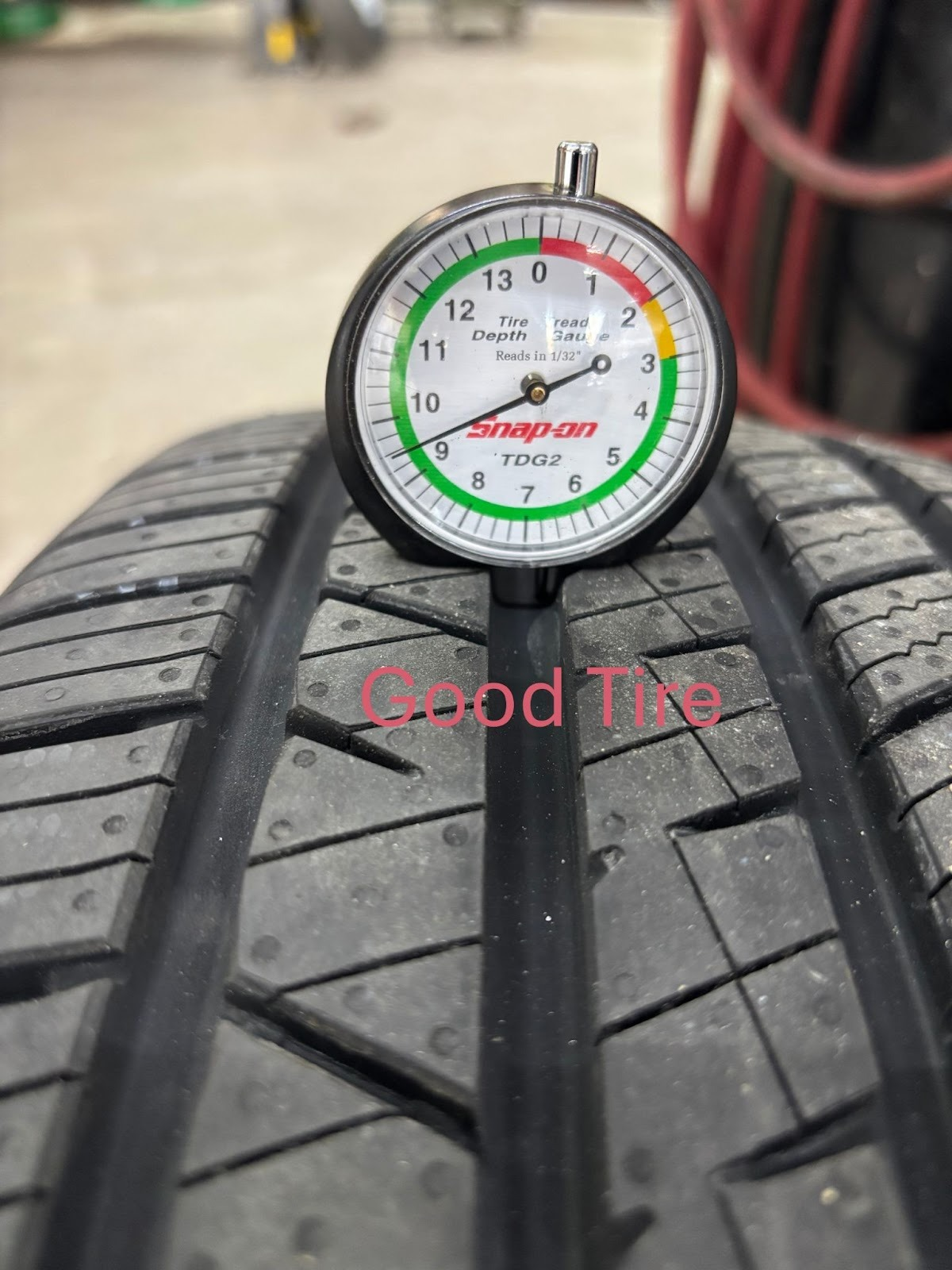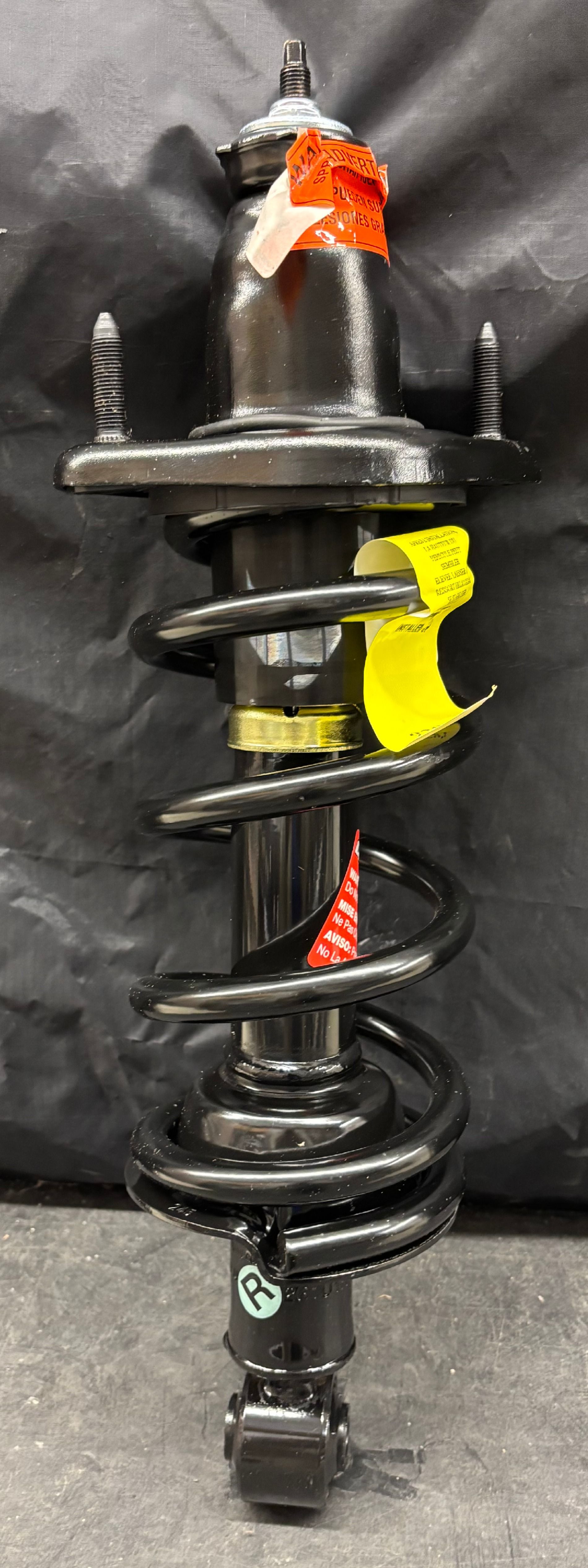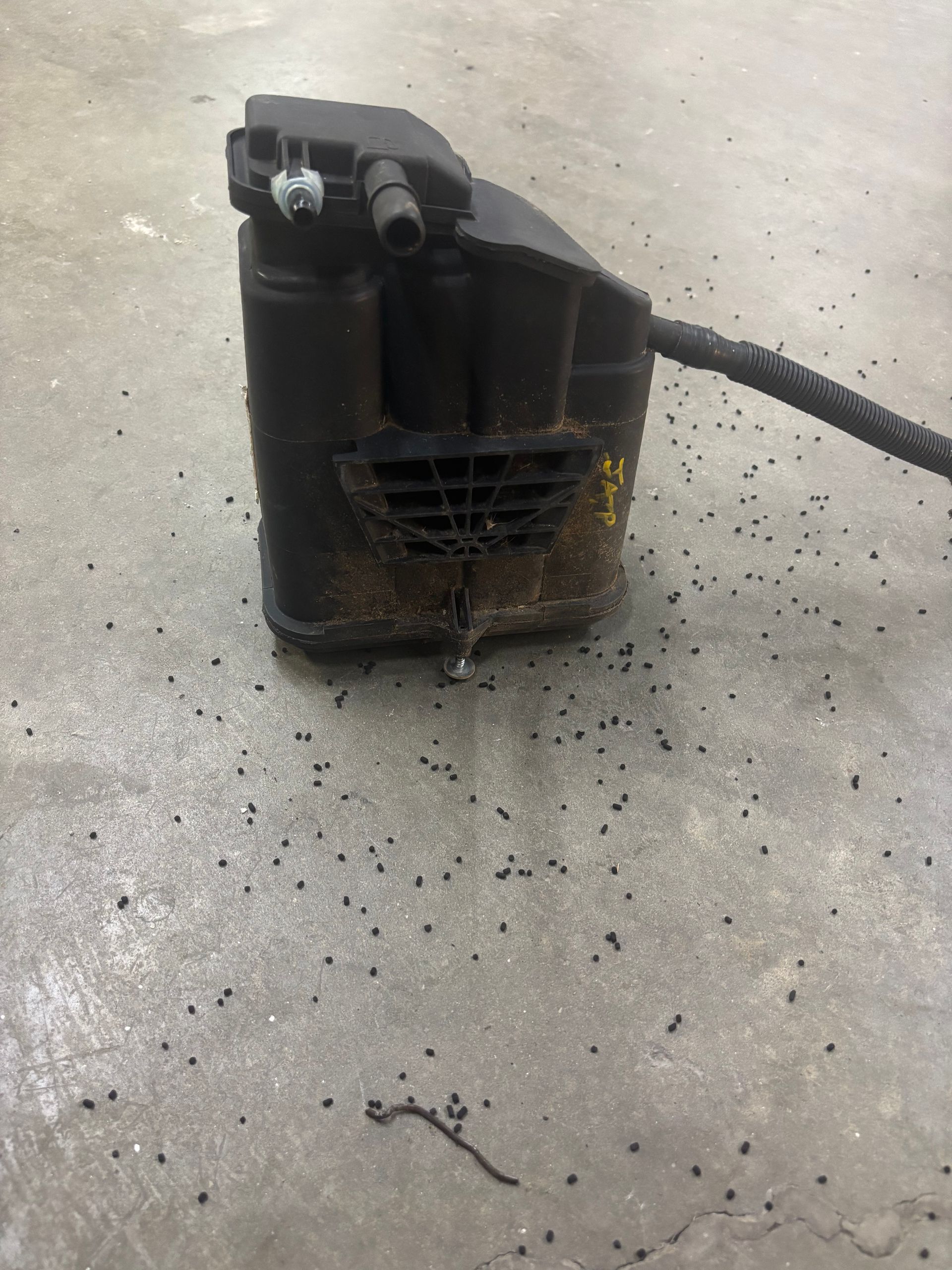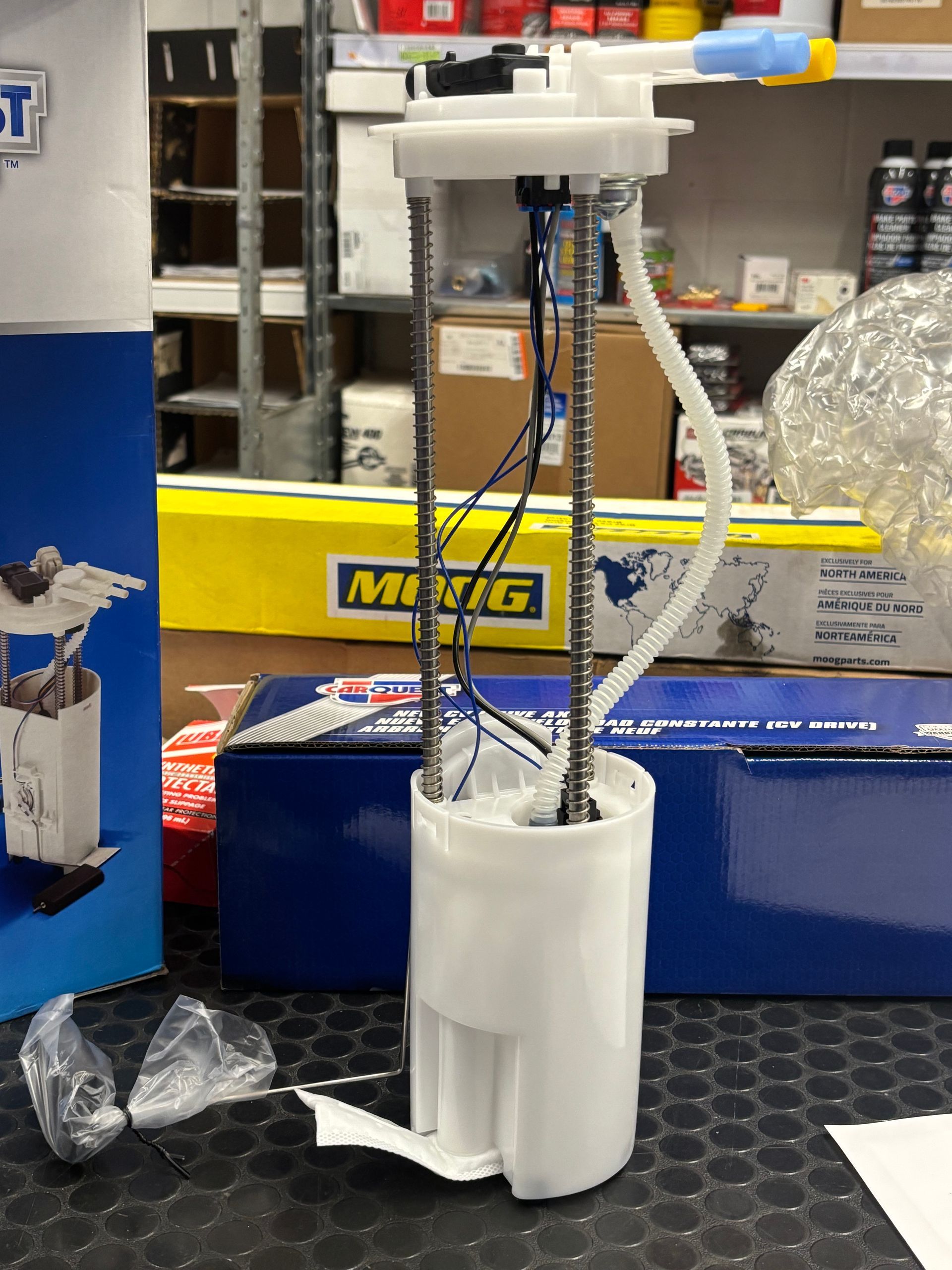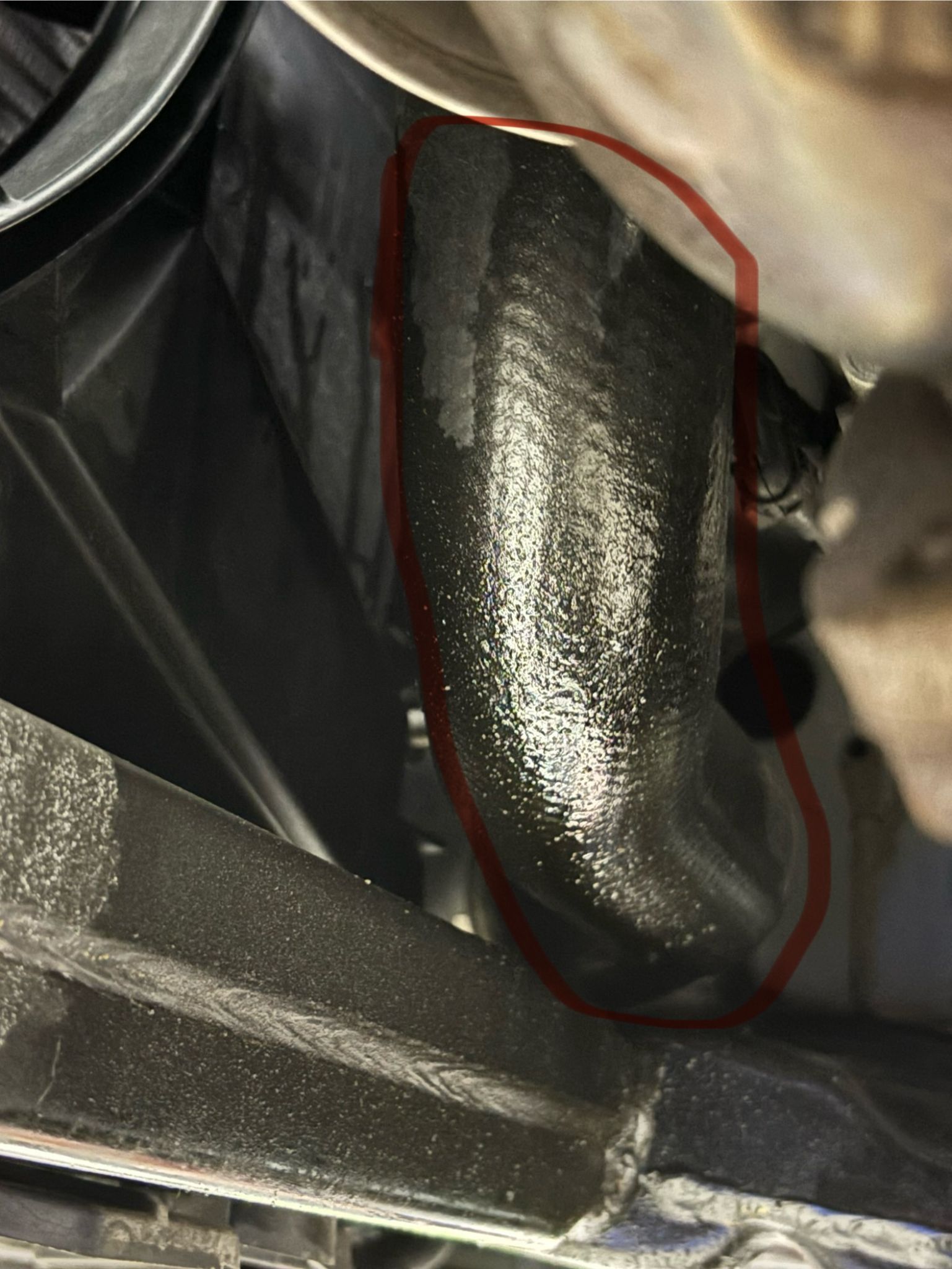Atlanta Winters and Car Battery Troubles
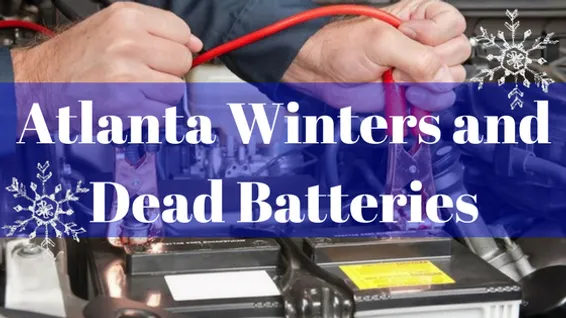
Have you ever looked at your car battery and seen the CCA rating? No CCA does not stand for Cola Corrosion Application. CCA is the battery’s Cold Crank Amps. So how is this determined? The battery is put in a cold environment (0°F/-18°C) and then the discharge load in amperes that a new, fully-charged battery can deliver for 30 seconds, while still maintaining terminal voltage equal to or higher than 1.20 volts per cell is measured. While that exact number may not give you personally any idea as to what level your battery can perform at, it does give you a measurable scale to compare the battery to.
The Real Killer of Car Batteries: Extreme Temperatures
While it’s true that winter is a common time for car batteries to die, some sources actually suggest that more batteries die in the summer than in the winter. Either way, the science behind lead acid battery technology actually shows how both hot and cold weather can be unkind to the life and operation of a car battery.
Car Batteries are designed to work in both warm and cold weather and everything in between. However, when the Atlanta summers reach their peak or those winter mornings dip below freezing your car battery can suffer. According to Industrial Battery Products, lead acid battery capacity drops about 20 percent from normal in freezing weather, down to about 50 percent of normal when temperatures sink to about -22°F (Fortunately Georgia has never gotten below -17°F).
In the same way that those cold mornings can reduce the capacity, the high temperatures of an Atlanta summer actually increase the capacity. While increased capacity sounds like a great thing, unfortunately it also means a decreased life span.
So extreme cold leads to lower capacity and extreme heat leads to shorter life. Both can equal a no start situation in your vehicle.
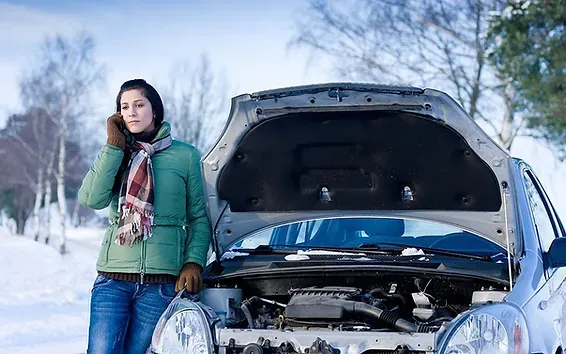
The Reason Car Batteries Die in the Winter
There are three main contributing factors that lead to batteries dying in the winter: reduced capacity, increased draw from starter motors, and increased draw from accessories.
When you go to start your car, the starter motor requires a lot of amperage to get going. Normally, your battery will have no problems. However, an older battery can have a lot of trouble in the winter. And even if a battery’s capacity isn’t reduced by age, temperatures that are at or below freezing can lower the capacity of a newer battery so low that it can’t handle the demands of the starter motor.
Also during the colder months, starters motor amperage demands can be even higher than normal, which can compound the problem: The issue is that motor oil gets thicker when the weather is cold. When the oil gets thick, the engine can be more difficult to turn over, which in turn can cause the starter motor to draw more amperage.
Winter driving typically also puts a higher strain on your battery, due to the demands of accessories like headlights and windshield wipers that tend to get used more often when the days are shorter, and the weather is more likely to be inclement.
You may also find your charging system struggles to keep up. And since the battery may already be suffering from reduced capacity due to cold temperatures, this can hasten the demise of an old battery.

Keeping a Car Battery Alive in the Winter
Nobody wants to be stranded with a dead battery, especially in the winter. So be sure your battery is free of corrosion, so it can charge properly and have the battery tested to make sure your CCA rating is still high enough to function properly when the temperatures dip. Every time you bring your vehicle in to see us at Automotive Blessings, we perform a 20-point curtisy check and your battery is always part of that check.
